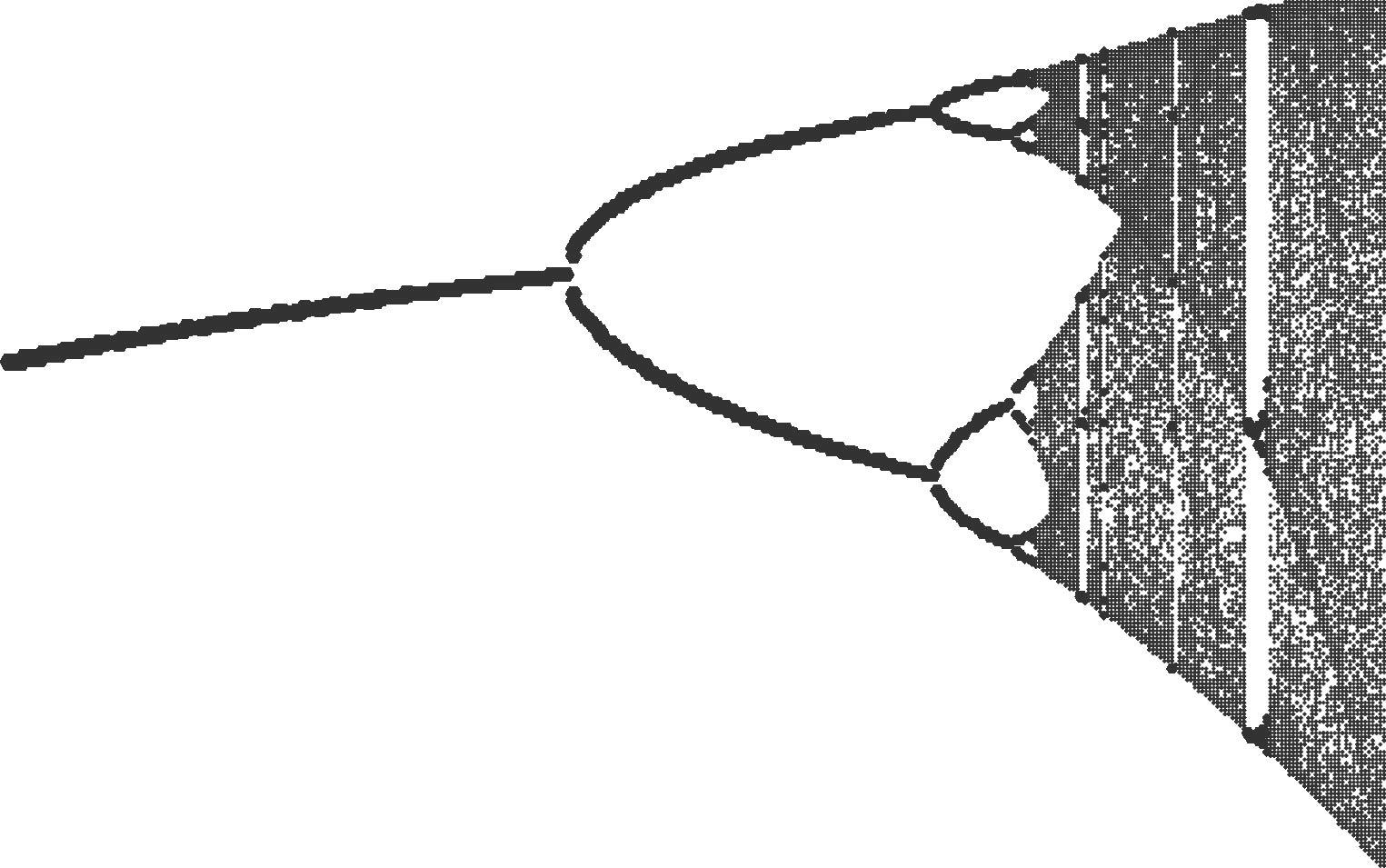Date:
Location:
Presented by Athena Aktipis, Arizona State University

Abstract: In some cooperative interactions people expect that they will get paid back, while in other interactions people do not expect to get paid back. What is the underlying psychology of these two modes of cooperation? And what are the evolutionary mechanisms that allowed them to evolve and be maintained? In the Human Generosity Project, we investigate these questions using a combination of fieldwork, computational modeling and psychological experiments. We have found that, across small scale societies, individuals often share with one another based on need of the recipient and ability to give, a pattern we refer to as need-based transfers. These need-based transfer systems appear to be distinct from debt-credit systems, with which they co-exist. In models of need-based systems and debt-based systems, we have found that need-based systems can outperform debt-based systems, especially when the ecology is volatile. Nevertheless, need-based transfer systems are vulnerable to cheating: individuals can ask if they are not really in need or fail to give when they are able. Our experiments with human subjects show that, when wealth is hidden, participants are more likely to ask for help when they are not in need or refuse to give when they have enough resources to help. In a separate set of experiments we found that participants were able to detect cheating in need-based transfer scenarios in a variation of the Wason selection task. We are also investigating how need-based transfers interact with the psychology of friendship, empathy and perceived fitness interdependence. Together our results suggest that the psychological and evolutionary mechanisms underlying need-based transfers are likely to be distinct from those underlying debt-based interactions. In other words, generosity and reciprocity may not be the same thing. I will conclude by discussing some of our preliminary data, directions for future work and potential applications of this work to disaster recovery.

